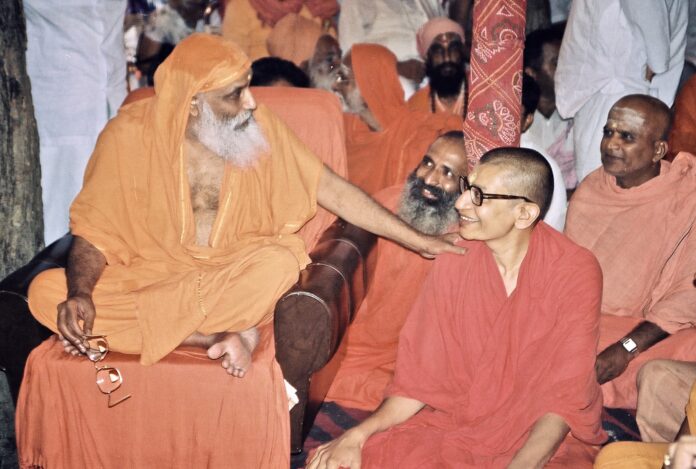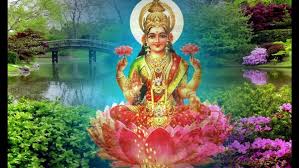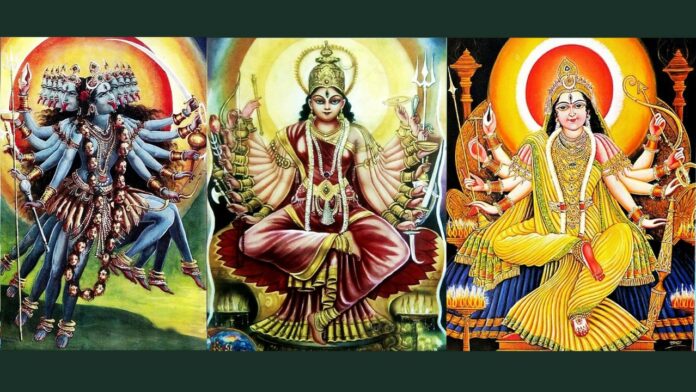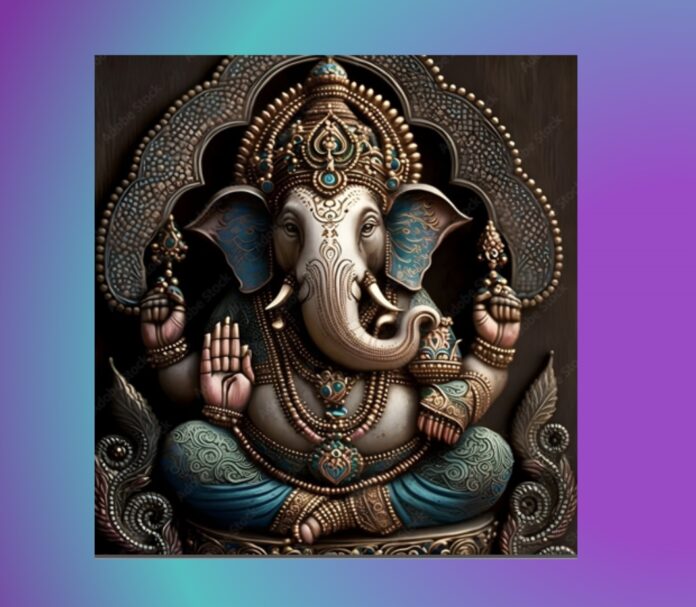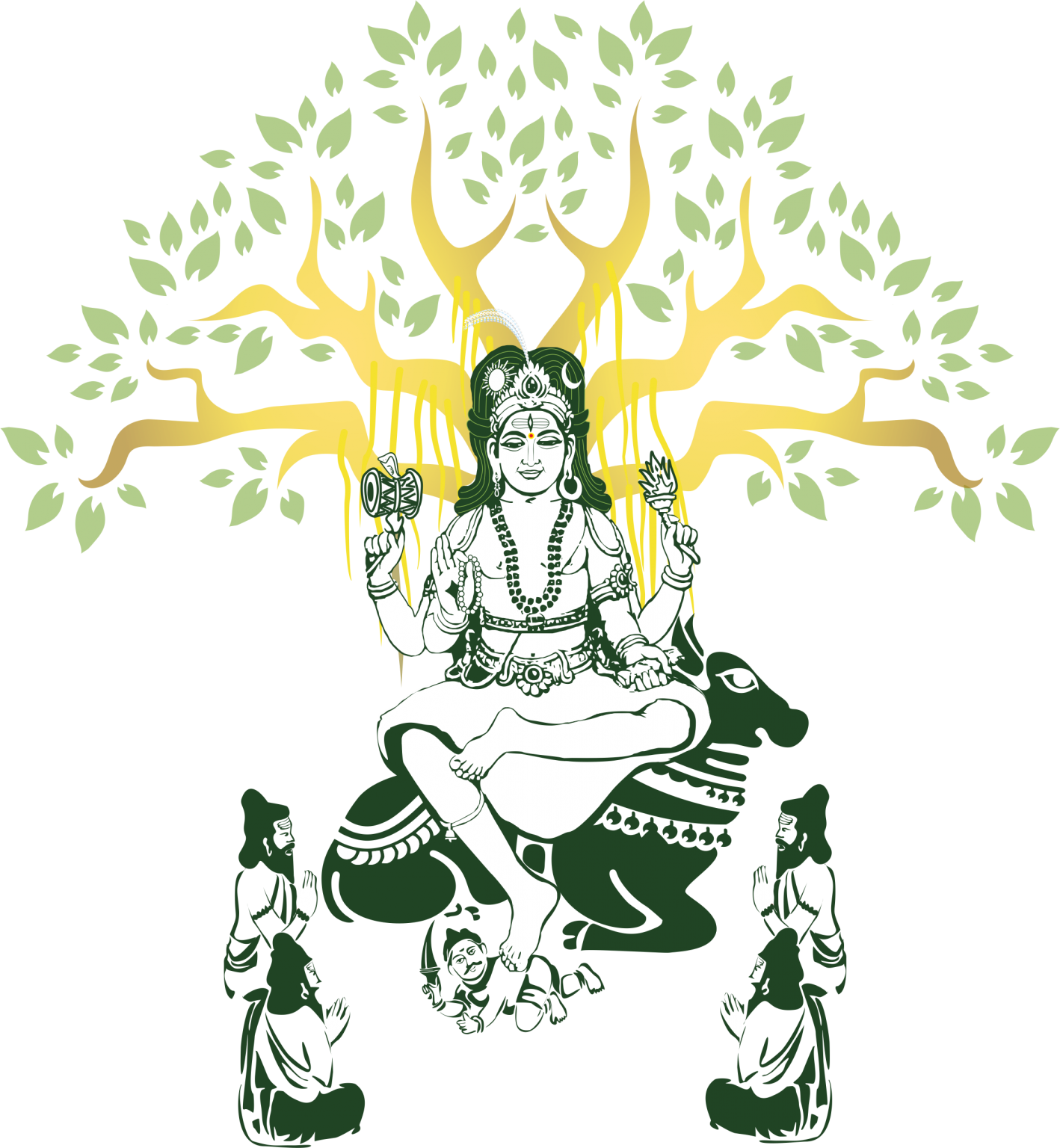The author of Advaita Makaranda, Lakshmidhara lived centuries ago. He had also written Amåta Taraìgiëi, a commentary on Srémad Bhägavata and Bhagavan Näma Kaumudi, a work on Näma Samkértanä. This prakaraëa work explains the entire Vedanta in 28 slokäs with simplicity and clarity. Each sloka can be expanded into volumes. It can be memorized. It can be used as armour to defend Advaitä.
- Advaita Makaranda Class 1 Swami Viditatmananda 1:11:38
- Advaita Makaranda Class 2 Swami Viditatmananda 1:10:04
- Advaita Makaranda Class 3 Swami Viditatmananda 1:07:43
- Advaita Makaranda Class 4 Swami Viditatmananda 1:04:19
- Advaita Makaranda Class 5 Swami Viditatmananda 1:02:45
- Advaita Makaranda Class 6 Swami Viditatmananda 1:03:28
- Advaita Makaranda Class 7 Swami Viditatmananda 56:32
- Advaita Makaranda Class 8 Swami Viditatmananda 1:20:09
- Advaita Makaranda Class 9 Swami Viditatmananda 1:00:14
- Advaita Makaranda Class 10 Swami Viditatmananda 2:11:01
The first slokä is a prayer verse. It says namaskär to Lord Krishna, whose form is meant to bless, who is limitless änanda and whose glance from eye corner will dry up the ocean of delusion, for those who seek his feet.
The second sloka gives the entire teaching of advaita. I always exist. I always shine. I am always loved. I have the laksana of Sat Chit Änanda. Therefore I am Brahman. I look at myself as a waker, a dreamer or a sleeper. But these are states of experience. In all these states, I always exist. In the pool of consciousness, vrtti is a wave. Consciousness is bhäti from the stand point of vrtti. From my stand point, I am bhämi. I perceive an object using a pramäëa. But to know that I exist, I am aware without using any pramäëa. I am always bhämi.
Jïänam eva ätmä. Ätmä reveals itself and everything else also. Ätmä is only self revealing. I am not limited by time, place or thing. Hence I am änanda or ananta or limitlessness. Satyam jnanan anantam is the word.
We cannot translate änanda as joy, happiness, pleasure, ecstasy or bliss. These words imply an experience. But Brahma änanda is my true nature. Brahma änanda includes viñaya änanda, vidyä änanda, yoga änanda, atma änanda and advaita änanda.
As a seeker, I look for objects to make me a pleased self. When I obtain them, the seeker and sought are fused into one. This is viñaya änanda. I love the secure, pleased self. Love can be an expression of my fullness. Love can give a chance to experience fullness. Pleased is settling account with the world. The world is Bhagavän. I have to reconcile my relationship with Bhagavän. I am of the nature of Sat Chit Änanda. Therefore I am Brahman.
written by N. Avinashilingam
